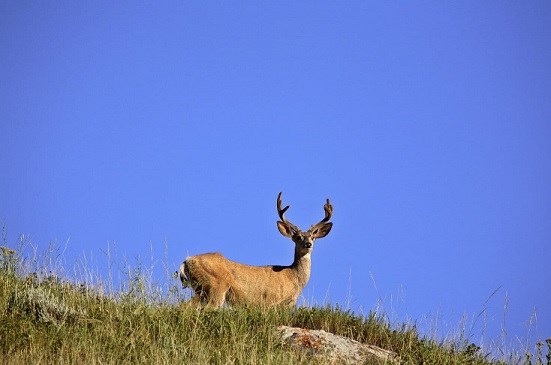REGINA — The Saskatchewan Association of Rural Municipalities (SARM), along with member RMs, welcomes the recent announcements made around wildlife management including improved access to fencing packages and supplemental freight adjustments for impacted agriculture producers, according to a press release.
These are encouraging initial steps in what is hopefully the beginning of a long-term strategy to balance the need for healthy, sustainable wildlife populations, and producers’ ability to protect valuable feedstocks and infrastructure, SARM asserts.
“Our members have expressed concerns about various wildlife populations and the multiple types of damage being dealt with across the province,” says Ray Orb, SARM president. “SARM has made this one of our top priorities when speaking to the province and is hopeful for continued enhancements.”
These enhancements will help ease the stress caused by wildlife destroying winter feedstocks. Many Saskatchewan producers have experienced an increase in wildlife damage which has caused them to seek out and purchase additional feed from further distances to replace the damaged feed in order to maintain their livestock herds. This has also caused higher-than-normal replacement feed costs in parts of the province.
The increases in those areas of the province for big game hunting opportunities which was announced earlier, along with these current enhancements of the Wildlife Damage Prevention Program, and the supplemental freight adjustments, are steps in the right direction, says SARM.
“This is the time to make proactive changes on this issue and SARM is optimistic changes like these will help get agriculture producers to a place where they can better manage their wildlife issues next year,” states Orb.




